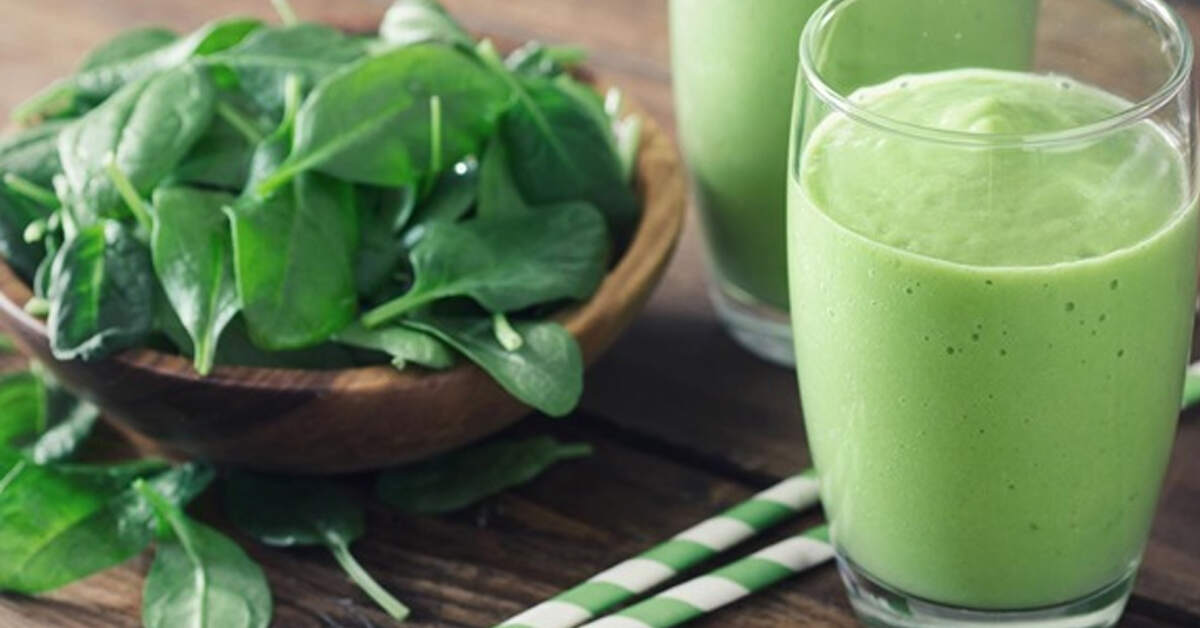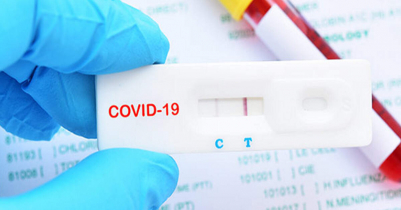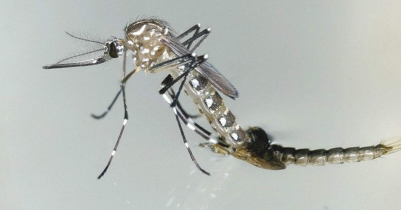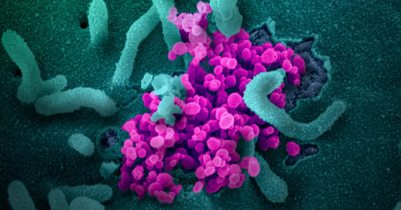Eye News Desk
5 Foods to Improve Your Digestion

Digestive problems, such as gas, constipation and diarrhea, affect millions, with 15 percent of people in Western countries experiencing a severe form of gut sensitivity called irritable bowel syndrome (IBS).
Here are five foods that promote healthier digestion and help you avoid common gastrointestinal symptoms.
Whole Grains
White or brown rice? Whole-wheat or white bread? Doctors say that if you want your gut to work better, choose whole grains, since optimal colon function requires at least 25 grams of fiber daily.
Compared to refined carbohydrates, like white bread and pasta, whole grains provide lots of fiber, as well as added nutrients, such as omega-3 fatty acids. When gut bacteria ferment fiber, they produce short-chain fatty acids. These molecules encourage proper function in the cells lining the colon, where 70 percent of our immune cells live.
Despite the popularity of low-carb diets for weight loss, avoiding grains altogether may not be so great for the good gut bacteria that thrive on fiber.
Leafy Greens
Leafy greens, such as spinach or kale, are excellent sources of fiber, as well as nutrients like folate, vitamin C, vitamin K and vitamin A. Research shows that leafy greens also contain a specific type of sugar that helps fuel growth of healthy gut bacteria.
Eating a lot of fiber and leafy greens allows you to develop an ideal gut microbiome — those trillions of organisms that live in the colon.
If you’ve ever “gone with your gut” to make a decision or felt “butterflies in your stomach” when nervous, you’re likely getting signals from an unexpected source: your second brain. Hidden in the walls of the digestive system, this “brain in your gut” is revolutionizing medicine’s understanding of the links between digestion, mood, health and even the way you think.
Lean Protein
People with IBS or bowel sensitivity should stick with lean proteins and avoid foods that are rich in fat, including fried foods.
High-fat foods can trigger contractions of the colon, and the high fat content of red meat is just one reason to choose healthier options. Experts say that red meat also promotes colon bacteria that produce chemicals associated with an increased risk of clogged arteries.
Low-Fructose Fruits
If you’re somebody who’s prone to gas and bloating, you may want to try reducing your consumption of fructose, or fruit sugar. Some fruits such as apples, pears and mango are all high in fructose.
On the other hand, berries and citrus fruits, such as oranges and grapefruit, contain less fructose, making them easier to tolerate and less likely to cause gas. Bananas are another low-fructose fruit that are fiber-rich and contain inulin, a substance that stimulates the growth of good bacteria in the gut.
Avocado
Avocado is a superfood packed with fiber and essential nutrients, such as potassium, which helps promote healthy digestive function. It’s also a low-fructose food, so it’s less likely to cause gas.
Be wary of portion sizes when it comes to foods like nuts and avocados. Although they are rich in nutrients, they are also high in fat, so be sure to eat them in moderation.
Read More
- Control high blood pressure in summer
- Treatments for Constipation in Children
- Harmful aspects of standing to urinate
- Benefits of eating watermelon at Iftar
- These 5 home remedies will remove the smell of sweat
- Bangladesh reports 17 more Covid-19 cases
- Which is the best country for `Hair Transplant`?
- Maintaining health in the golden years
- Nutritionist recommends avoiding these 5 common breakfast mistake
- Global Covid cases up by over 60pc in 28 days: WHO
































